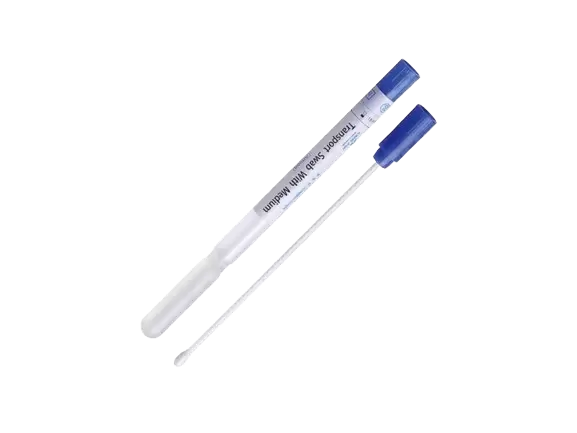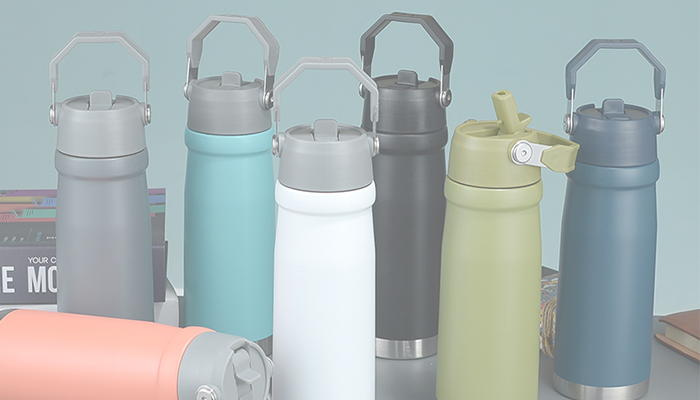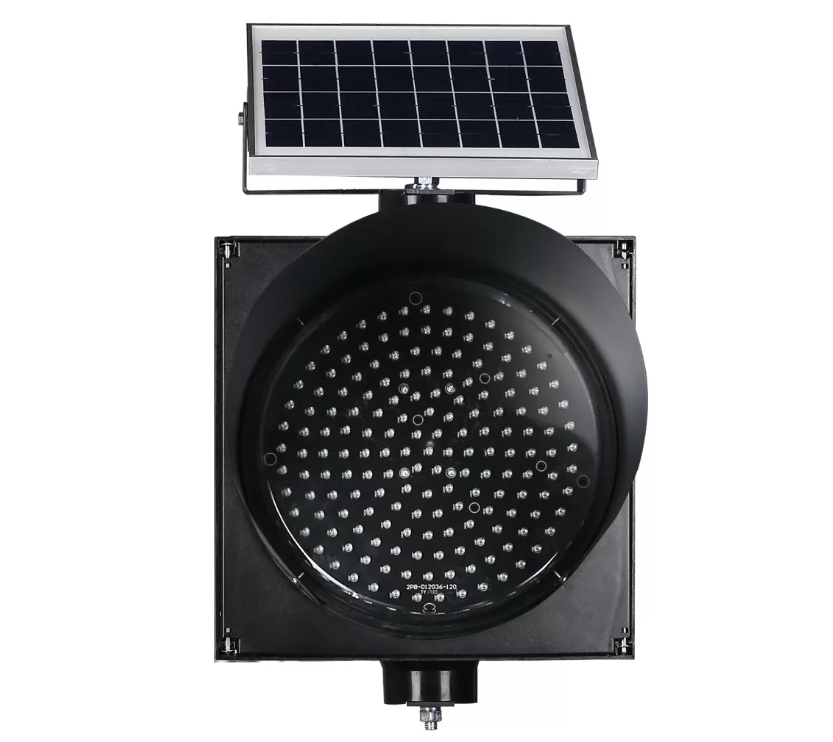A good night's sleep is essential for overall health and well-being, and your mattress plays a crucial role in ensuring a restful slumber. However, many people are unaware of when they should replace their mattress. In this comprehensive guide, we will delve into the factors that determine the lifespan of a mattress and provide expert advice on how often you should replace it. So, let's dive in!
- Understanding Mattress Lifespan:
To determine how often you should replace your mattress, it's crucial to understand its typical lifespan. On average, a mattress can last anywhere between 7 to 10 years. However, this can vary depending on various factors such as mattress type, quality, usage, and maintenance. - Signs it's Time for a Replacement:
While the general lifespan provides a guideline, certain signs indicate that it's time to bid farewell to your old mattress. These signs include:
a) Sagging and Indentations: Over time, mattresses can develop sagging areas and visible indentations, which can negatively impact your sleep posture and comfort.
b) Loss of Support: If you frequently wake up with aches and pains, it may be a sign that your mattress has lost its supportive qualities.
c) Allergies and Hygiene Concerns: Mattresses accumulate dust mites, allergens, and sweat over time, which can trigger allergies and affect your sleep quality. If regular cleaning doesn't alleviate these issues, it may be time for a new mattress.
- Mattress Type and Lifespan:
Different mattress types have varying lifespans. Let's explore the average lifespan of common mattress types:
a) Innerspring Mattresses: These traditional mattresses typically last around 7-8 years, but higher-quality models can last up to 10 years with proper care.
b) Memory Foam Mattresses: Memory foam mattresses have a longer lifespan, ranging from 8-12 years. However, the density and quality of the foam can significantly impact durability.
c) Latex Mattresses: Known for their durability, latex mattresses can last up to 12-15 years. Natural latex mattresses tend to have a longer lifespan compared to synthetic ones.
d) Hybrid Mattresses: Combining innerspring coils with foam or latex layers, hybrid mattresses generally last between 8-10 years, depending on the materials used.
- Factors Affecting Mattress Lifespan:
Apart from mattress type, several other factors can influence its lifespan:
a) Body Weight and Sleep Habits: Heavier individuals exert more pressure on the mattress, leading to faster wear and tear. Additionally, restless sleepers who frequently change positions may experience faster mattress deterioration.
b) Maintenance and Care: Proper maintenance, such as regular cleaning and rotating the mattress, can extend its lifespan. Additionally, using a mattress protector can safeguard against spills, stains, and allergens.
c) Quality and Materials: Higher-quality mattresses made with durable materials tend to last longer. Investing in a reputable brand and checking for certifications can ensure longevity.
Conclusion:
In conclusion, the lifespan of a mattress varies depending on factors such as mattress type, quality, usage, and maintenance. While the average lifespan is around 7-10 years, it's essential to pay attention to signs of wear and tear, loss of support, and hygiene concerns. By understanding these factors and taking proper care of your mattress, you can ensure a comfortable and rejuvenating sleep experience. Remember, a well-rested you is a healthier you!







